6 Vegetarian Protein Picks That Disappoint—And 7 Power Foods Worth Adding to Your Cart
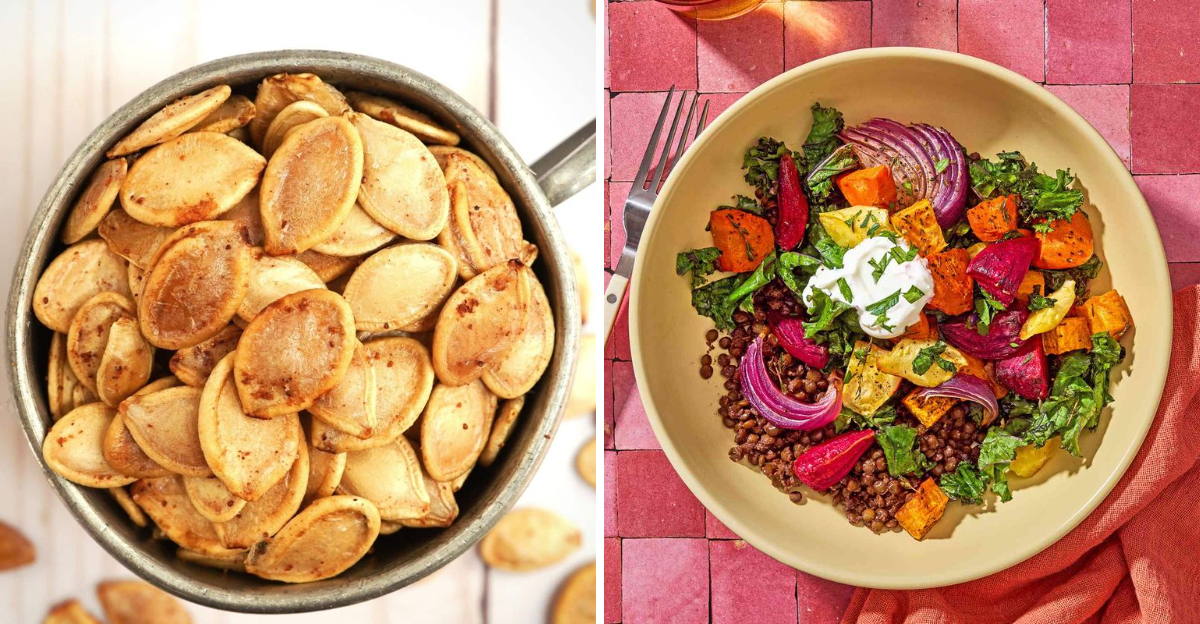
Navigating the world of vegetarian proteins can be a challenge. Not all plant-based proteins are created equal, and some may leave you less satisfied than you hoped. In this post, we explore six vegetarian protein sources that may not live up to their hype, followed by seven nutrient-dense power foods that deserve a spot in your shopping cart for their superior nutritional benefits.
1. Flavored Protein Bars
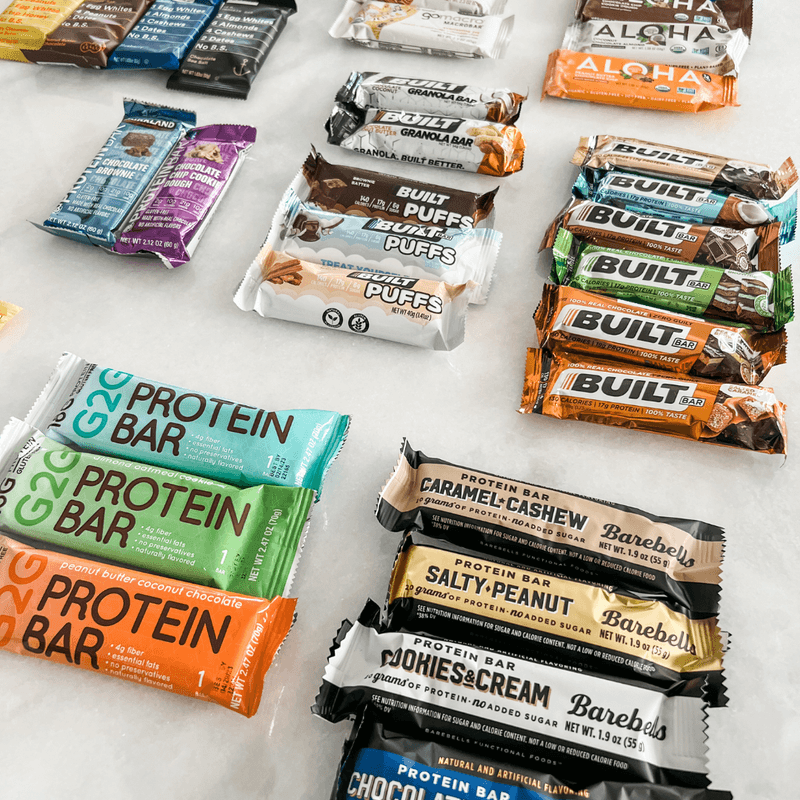
Flavored protein bars often promise a convenient protein boost but fall short due to high sugar content. Many contain added sugars, sugar alcohols, or low-quality soy isolates, which can leave you feeling unsatisfied and may cause blood sugar spikes. While they are handy for a quick snack, they are not always the healthiest option for sustained energy.
Before grabbing one, it’s essential to read the label carefully. Look for bars with lower sugar levels and a more balanced ingredient list to ensure you’re getting the best nutritional value.
2. Sweetened Yogurt
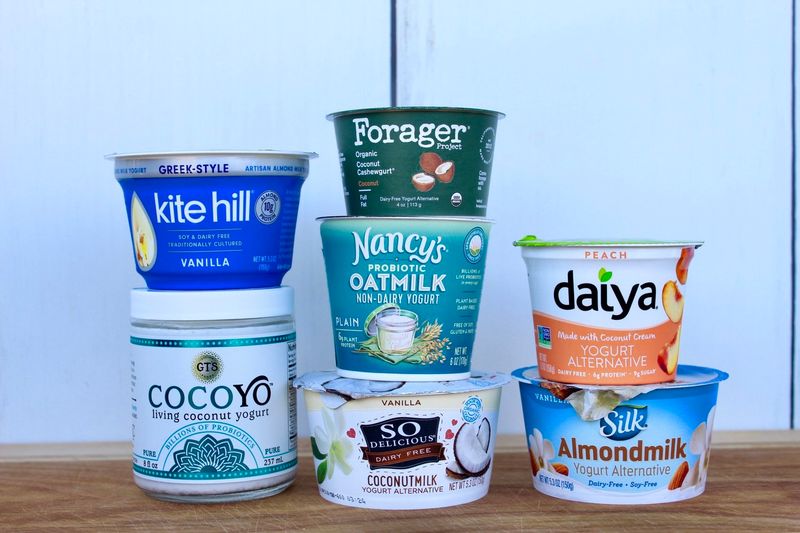
Sweetened yogurts, even the Greek-style ones, can often mislead with their sugary profile. Despite their creamy texture and appealing flavor, these yogurts may contain more sugar than protein. It’s crucial to check the nutritional labels, as some varieties contain over 15 grams of sugar per serving.
Opt for unsweetened versions when possible and add your own fresh fruit or a drizzle of honey for a touch of natural sweetness. This way, you control the sugar content while still enjoying a nutritious and satisfying snack.
3. Veggie Chips and Puffs

Veggie chips and puffs might sound like a healthy snack, but they often provide little in terms of nutritional value. Marketed as plant-based, these snacks are typically low in protein and high in starch and salt. The colorful packaging may suggest health benefits that aren’t truly there.
For those seeking a protein-rich snack, these options are not ideal. Instead, consider snacking on roasted chickpeas or nuts, which offer a more substantial protein boost along with satisfying crunch and flavor.
4. Instant Oatmeal Packets (With “Protein”)
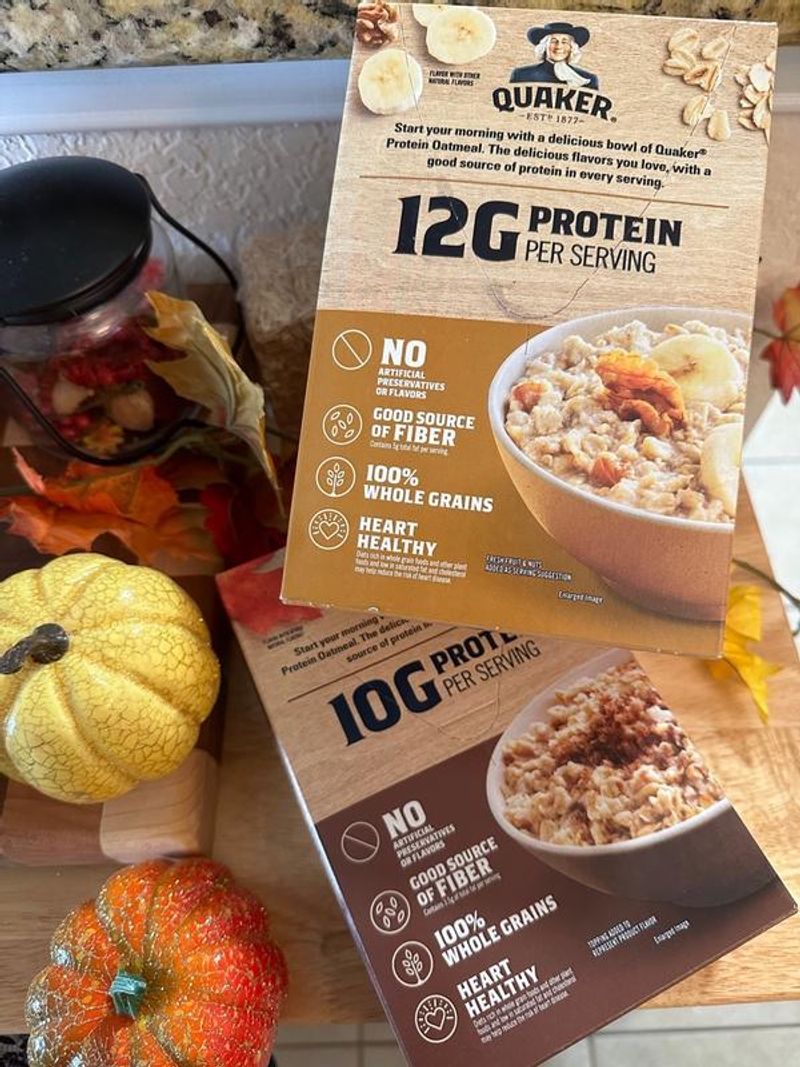
Instant oatmeal packets that boast added protein often fail to deliver substantial nutrition. While they might offer a slight protein increase, they frequently come loaded with added sweeteners that don’t keep you full for long. These quick breakfasts can lead to energy dips before lunch.
A better alternative is to make your own oatmeal from whole oats. You can then add your choice of nuts, seeds, or a scoop of protein powder to ensure a heartier, more balanced meal that supports sustained energy throughout the morning.
5. Highly Processed Meat Alternatives

Highly processed meat alternatives, such as plant-based burgers or nuggets, often contain more fillers, oils, and sodium than actual nutritional benefits. Though convenient, they sometimes provide less usable protein than expected.
For those seeking to reduce meat consumption, opting for whole food protein sources, such as beans or lentils, can be a more nutritious choice. These alternatives offer natural fiber and protein without the added fats and preservatives typical in processed products.
6. Store-Bought Hummus with Crackers
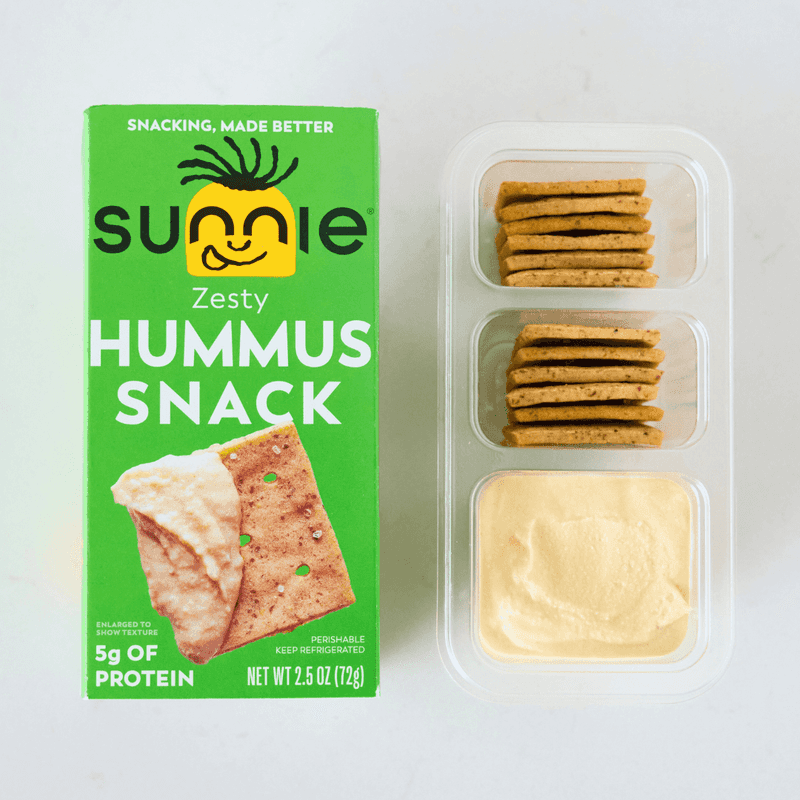
Store-bought hummus with crackers is a tasty and convenient snack, but it often lacks sufficient protein compared to its carbohydrate content. While great for fiber, it’s not the best primary protein source. Many commercial hummus options are also high in fats.
For a protein-rich snack, consider pairing homemade hummus with fresh veggies or whole-grain pita. This combination can offer a more balanced nutritional profile, providing both crunch and satisfaction without excess empty calories.
7. Lentils
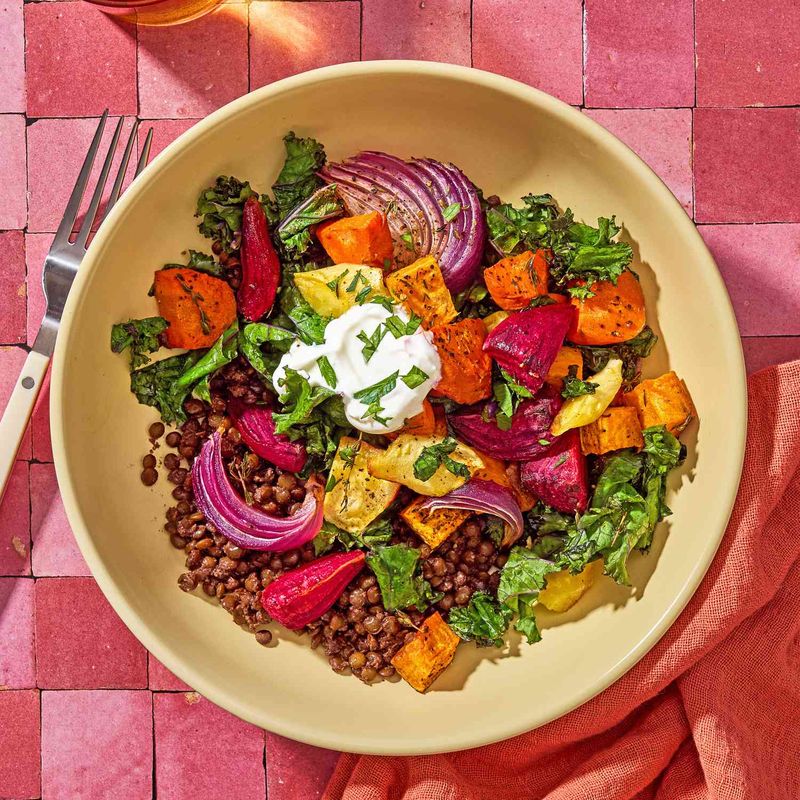
Lentils are among the most balanced plant proteins available, offering high fiber, iron, and slow-digesting carbohydrates. They are ideal for soups, stews, and bowls, providing a hearty texture and rich flavor. Lentils can be a versatile addition to various dishes, making them a staple in many vegetarian diets.
Did you know? Lentils have been a dietary staple since the Neolithic era, providing essential nutrients across civilizations. Their nutritional profile makes them a valuable component of a balanced diet.
8. Tempeh

Tempeh, a fermented soy product, stands out due to its rich protein content and gut-friendly compounds. Less processed than tofu, it offers fiber and beneficial probiotics. The fermentation process gives tempeh a unique, nutty flavor and firm texture, perfect for grilling or sautéing.
Tempeh’s ability to absorb flavors makes it a versatile ingredient in savory dishes. It’s an excellent choice for those seeking to incorporate more plant-based proteins without compromising on taste or texture.
9. Edamame
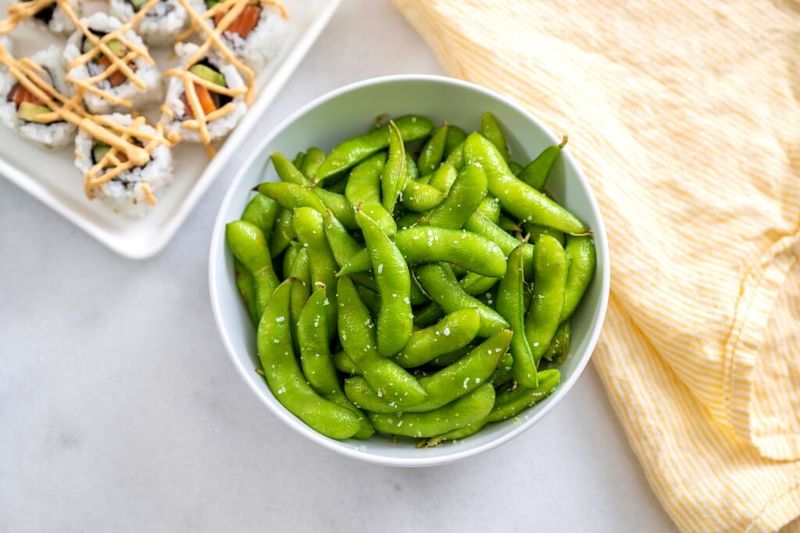
Edamame, or whole soybeans, are a powerhouse of complete protein and fiber. These vibrant green pods offer a satisfying bite, whether steamed, added to salads, or roasted for a snack. Their naturally mild flavor can be enhanced with a sprinkle of sea salt or your favorite spices.
Besides being delicious, edamame is also versatile, fitting seamlessly into various dishes from appetizers to main courses. This nutrient-rich food is a fantastic addition to any diet seeking to incorporate more plant proteins.
10. Chia Seeds
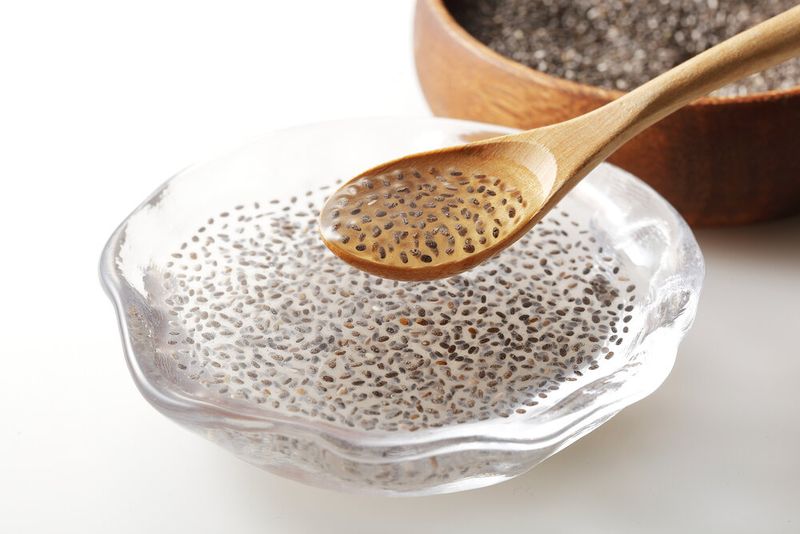
Chia seeds are tiny but mighty, rich in protein, fiber, and omega-3 fatty acids. When added to liquid, they expand, creating a gel-like consistency that helps you feel full longer. This unique characteristic makes chia seeds perfect for puddings or smoothies.
Beyond their texture, chia seeds offer a convenient way to boost nutritional intake. Simply sprinkle them on yogurt, mix into oatmeal, or blend into your favorite beverages for an easy protein and nutrient boost.
11. Pumpkin Seeds (Pepitas)

Pumpkin seeds, or pepitas, are an excellent source of protein, magnesium, and healthy fats. They provide a satisfying crunch that makes them perfect for snacking or adding to salads and grain bowls. The rich, nutty flavor of roasted pepitas can enhance various dishes.
These seeds are not only nutritious but also versatile, easily incorporated into both sweet and savory recipes. Their high magnesium content supports bone health and energy production, making them a valuable addition to a balanced diet.
12. Plain Greek Yogurt (Unsweetened)
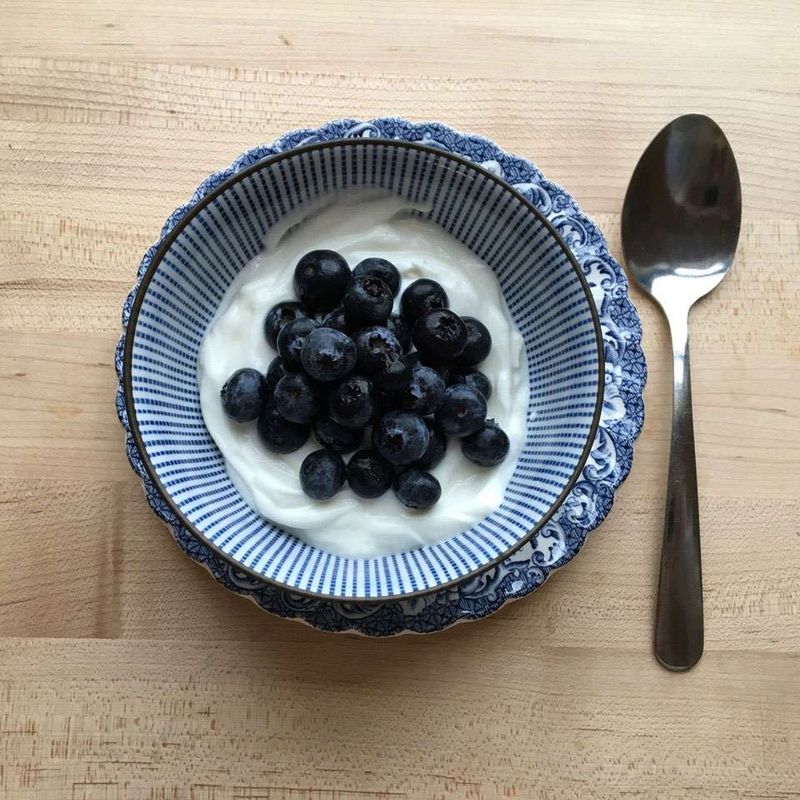
Plain Greek yogurt is a true protein powerhouse, especially when paired with berries, cinnamon, or nuts. Look for versions that provide 15–20 grams of protein per serving. This creamy delight supports muscle growth and repair, making it ideal for active individuals.
Unsweetened Greek yogurt allows you to control the sugar content, enhancing its natural tart flavor with healthy toppings. It’s a versatile ingredient that can be enjoyed as a base for breakfast or a post-workout snack.
13. Quinoa
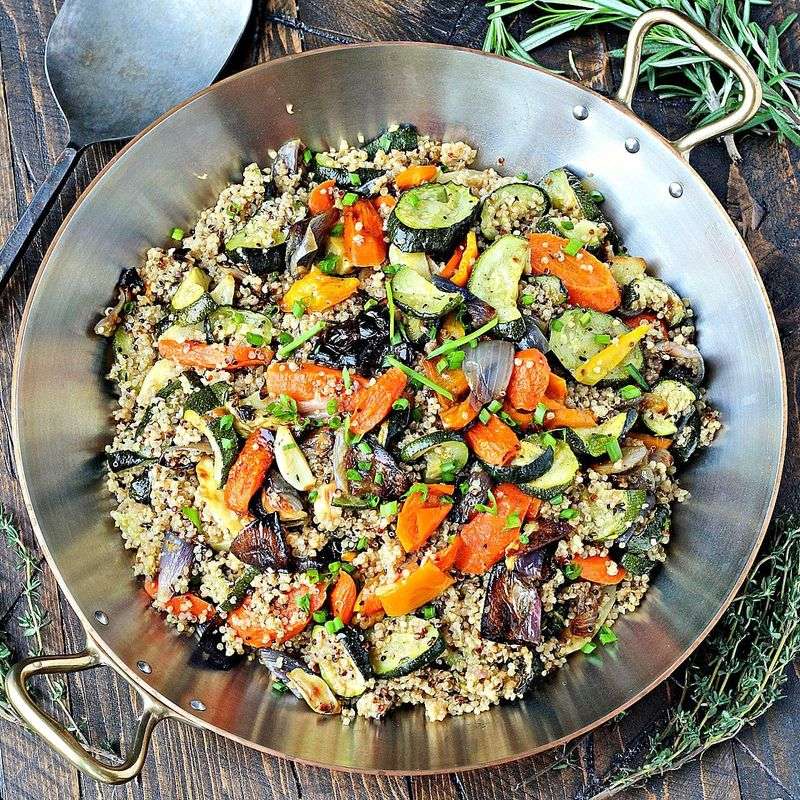
Quinoa is a complete protein grain that’s gluten-free and high in fiber. Its versatility allows it to be used in both savory and sweet dishes, making it a staple for balanced meals. Quinoa’s light, fluffy texture and mild flavor blend well with a variety of ingredients.
Originating from the Andean region, quinoa has been a crucial part of diets for thousands of years. Its nutrient profile, including essential amino acids, makes it a superb choice for those seeking plant-based protein options.
